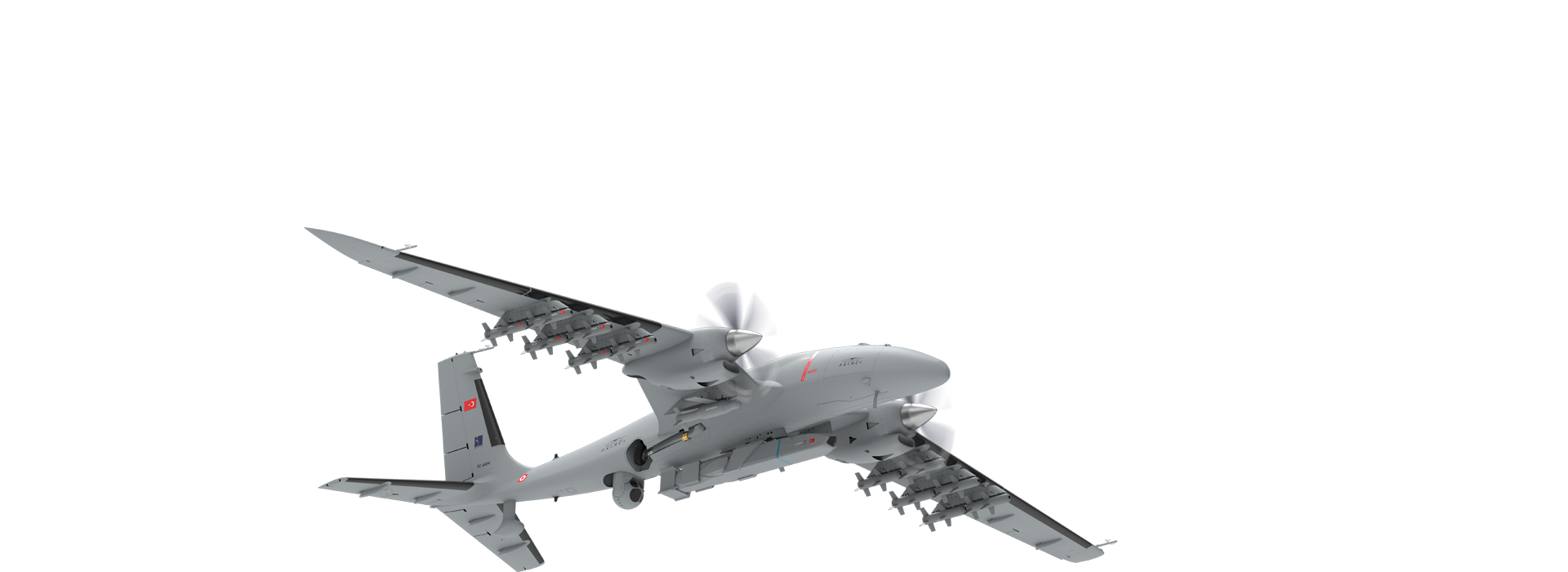Muhammad Saftain Anjum
SENIOR MEMBER

- Joined
- Mar 8, 2021
- Messages
- 2,075
- Reaction score
- -2
- Country
- Location
So military wanted a scapegoat for its missions and bought Akinci &TB 2.As a first
When they are shot down no pilot is either killed or ejects to be taken PoW or needing an expensive CSAR mission to rescue them.
Then, while these are shot out of the sky - that is better than losing Su-25s, Su-30s or in this case JF-17 and F-16s near a contested battlefield.
The loss of a fighter aircraft includes not only machine, but man and morale of its maintenance team and squadron.
UAVs are inherently not going to cause the loss of Morale a living breathing human will.
Then, because of their cheaper nature - you have more available to use to entice the enemy to turn their radars on and allow you to engage them. The sea guardian is not a battlefield weapon and is more suited to allow the IN to conduct long range coastal policing and shadowing of their opponents assets or offboard targeting.
The Akinci is not supposed to go in all alone into a contested battlefield either. Ideally you would want TB-2 acting as ELINT, the other Jamming - 2 others acting as secondary targets while the Akinci picks out SAMs with stand off systems like the SOM before this groups pushes deeper into the contested airspace.
All the while you have JF-17s or J-10s providing cover to these assets from safer heights or further back.
Was Mass production & further development of Shahpars not a way to go?
Since these would have been lot more cheaper scapegoats and way more benefits are associated with mass production of domestic products.











